
Clogged Drains
A clogged drain is a common household issue that can disrupt daily activities. It occurs when water cannot flow freely through the plumbing system due to blockages. These blockages can be caused by various factors, including food particles, hair, grease, soap residue, and foreign objects. Understanding how to address clogged drains can save time and money while maintaining a functional home.
Common Causes of Clogs
Clogs can develop in any part of the plumbing system, but some areas are more susceptible than others. Here are some common causes:
- Food Waste: In kitchen sinks, leftover food particles can accumulate and create blockages.
- Hair: In bathrooms, hair can easily get trapped in drains, leading to significant clogs over time.
- Grease: Cooking oils and fats can solidify in pipes, forming a thick layer that restricts water flow.
- Soap Scum: Soap residue can build up in pipes, especially when combined with hard water minerals.
- Foreign Objects: Items like toys, cotton swabs, or other debris can accidentally fall into drains and cause blockages.
Signs of a Clogged Drain
Identifying a clogged drain early can prevent more severe plumbing issues. Here are some signs to watch for:
- Slow drainage in sinks, tubs, or showers.
- Unpleasant odors coming from the drain.
- Gurgling sounds when water is draining.
- Water backing up in other fixtures.
DIY Solutions for Clogged Drains
Before calling a plumber, several DIY methods can help clear minor clogs. Here are some effective solutions:
- Boiling Water: Pouring boiling water down the drain can help dissolve grease and soap buildup.
- Baking Soda and Vinegar: This natural solution involves pouring baking soda followed by vinegar down the drain. The reaction creates bubbles that can help break down clogs.
- Plunger: A plunger can create pressure that dislodges blockages in sinks and toilets.
- Drain Snake: A drain snake can reach deep into pipes to remove stubborn clogs.
When to Call a Professional
While many clogs can be resolved with DIY methods, some situations require professional intervention. Consider calling a plumber if:
- The clog persists after multiple attempts to clear it.
- You notice multiple drains are affected simultaneously.
- There are signs of water damage or leaks.
- You are uncomfortable performing DIY methods.
Preventing Future Clogs
Taking preventive measures can help reduce the likelihood of future clogs. Here are some tips:
- Use drain covers to catch hair and food particles.
- Avoid pouring grease down the sink.
- Regularly clean drains with hot water or natural solutions.
- Be mindful of what goes down the drain, especially in kitchens and bathrooms.
Conclusion
Clogged drains can be a nuisance, but understanding their causes and solutions can help manage the issue effectively. Regular maintenance and preventive measures can significantly reduce the chances of clogs, ensuring a smoother plumbing experience in the home.



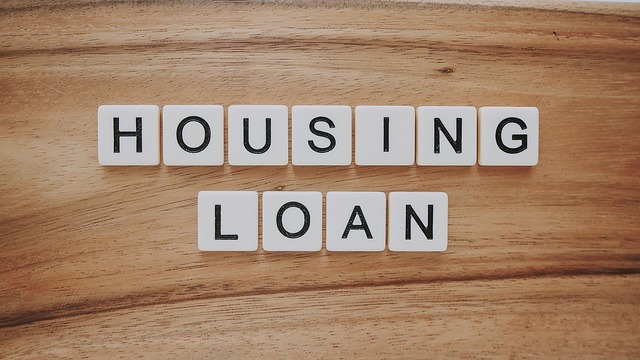







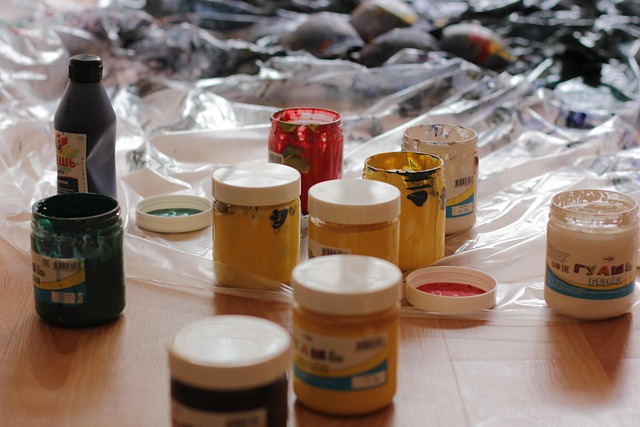

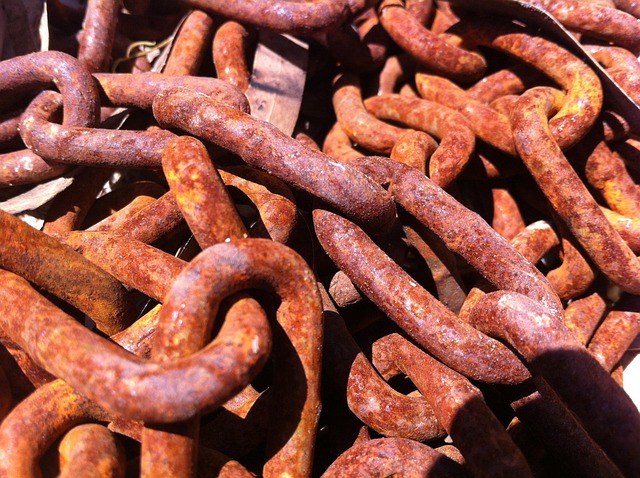
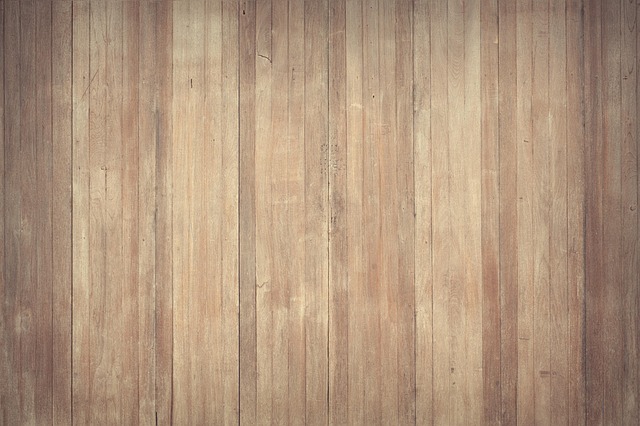
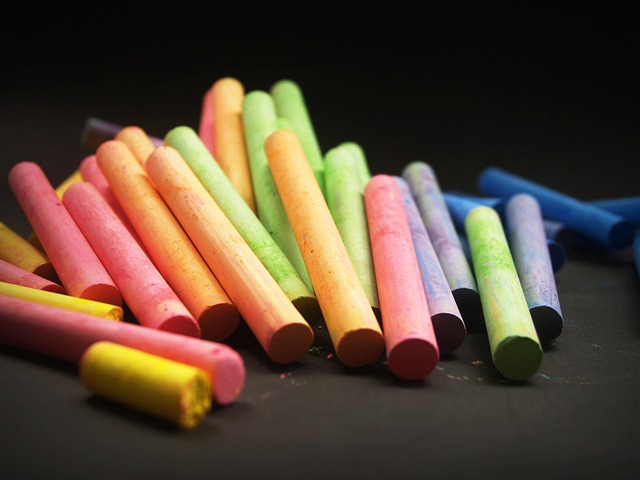

 The Future of Gaming: The PlayStation Portal
The Future of Gaming: The PlayStation Portal 
 Health
Health  Fitness
Fitness  Lifestyle
Lifestyle  Tech
Tech  Travel
Travel  Food
Food  Education
Education  Parenting
Parenting  Career & Work
Career & Work  Hobbies
Hobbies  Wellness
Wellness  Beauty
Beauty  Cars
Cars  Art
Art  Science
Science  Culture
Culture  Books
Books  Music
Music  Movies
Movies  Gaming
Gaming  Sports
Sports  Nature
Nature  Home & Garden
Home & Garden  Business & Finance
Business & Finance  Relationships
Relationships  Pets
Pets  Shopping
Shopping  Mindset & Inspiration
Mindset & Inspiration  Environment
Environment  Gadgets
Gadgets  Politics
Politics 